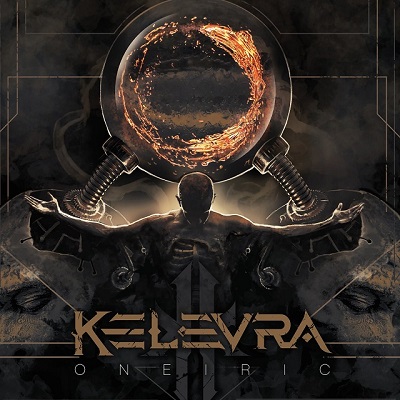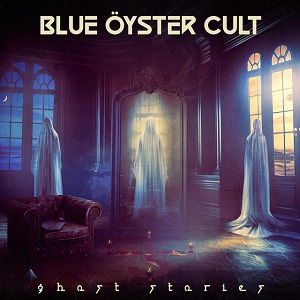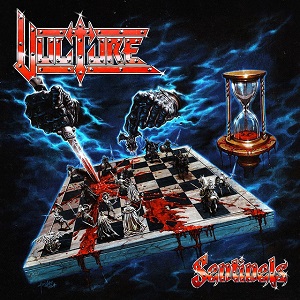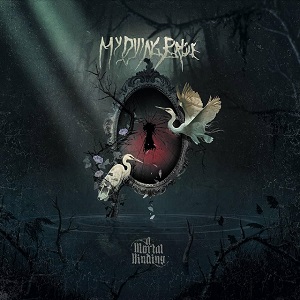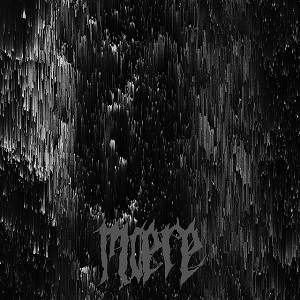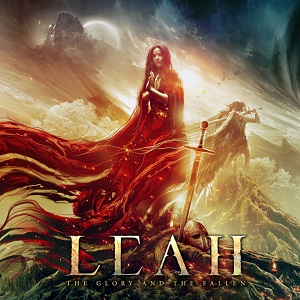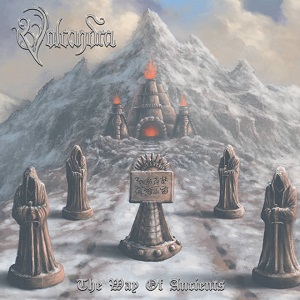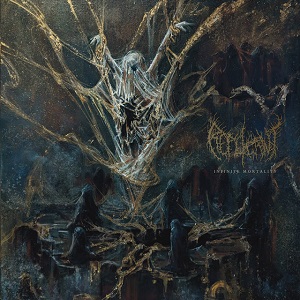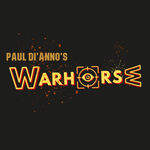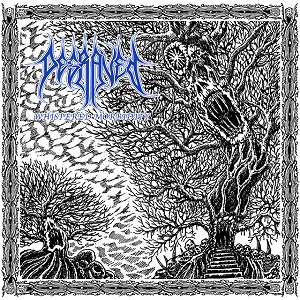MICHAEL SCHENKER Talks New Album, Reuniting With Former SCORPIONS Members - "I See My Life In Three Stages"
December 29, 2013, 10 years ago
By Martin Popoff
Been saying this for years to anyone who'll listen, but MICHAEL SCHENKER, whether it's as MSG or as the curiously minted TEMPLE OF ROCK... the blond bomber has been milling thrilling old school classic metal for years now at an astonishing clip and at a high level of art and craft.
What's more, he's been backing it up with locked-down power touring that has prompted packed houses and a live DVD and more dates to come in 2014.
But it all starts with yet another solid, stirring record of Euro-metal, the new one being called Bridge The Gap, which finds Michael and right-hand man Wayne Findlay joined by Doogie White, Herman Rarebell and Francis Buchholz, Herr Schenker slamming together a band that is weirdly three-fifths ex-SCORPIONS members.

Bridge The Gap is crammed with fiery rockers, but the delivery of the songs is enhanced by the lively production job on the thing, credit going to Schenker and a key element to the success of the recent band, Michael Voss.
Explains Schenker, asked to compare record-making with Voss versus, say, Ron Nevison, "I know from the musical point of view exactly what I want, and use my gift and try to get the sounds that I can hear, and try to describe them as much as possible. I’m not a technician. Michael Voss engineered as well as produced. He’s very good at adapting my ideas, and he puts the final touch on them, his natural touch. And so it’s a pretty good combination. But you know, you can’t compare to the old days. It was what it was then and it is what it is today. And it’s a totally different generation. Michael Voss is a totally different generation, and every new generation uses his background and adds his skills to it. There’s always something that comes to the foreground, something that goes to the background, and it’s an ongoing changing thing. But you can’t compare the past with the present. Because you have a whole different set of circumstances, and it will make a difference on how you proceed and how things work out."

A curious part of Michael's sound has been this concept of not listening to too much music along his long path. There were rumblings as of late that he was letting much more music into his life, but wait, never mind...
"No, actually, I am not. You know, I thought maybe inside... I went to play a festival with Europe and I bumped into UFO, and I said, you know, maybe it's time to open up. But I just let things happen by itself. If I believe whatever is to happen, it’s going to happen, if it needs to happen. So rather than making a conscious effort about it and bringing music into my life--I can if I wanted to--I haven’t developed any external grooves. I still want to be loyal to keep going and expressing from within. I think this is what I was called to do, you know what I mean? Just to present a pure self-expression, rather than focusing too much on what is out there. Some people maybe have a hard time believing that I stay away from music for all these years, but I did. Because I know I did. It has a special… it creates a special outcome. I kind of don’t see any reason why I should give that up. It creates more uniqueness, and it adds colours to my voice."Besides Voss--and the energy and optimism that comes with sobriety--co-guitarist Wayne Findlay has been a richly contributing factor to the Temple Of Rock being such a kick-ass tactical unit in these recent ridiculously productive years.
"Well, Wayne Findlay has been a very stable, good musician playing guitar and keyboards, and very reliable guy," agrees Michael, asked how Findlay differs from Michael, despite also being a guitarist. "And about 2004, he started developing on the seven-string guitar. And so for the last few years--the last two, three years, maybe--we're starting to grow into somehow having an idea of how it can be used, although very, very slowly. On the last album, this Temple Of Rock Bridge The Gap album, I was hearing a lot of different development at sound checks and stuff like that, and so you know, everything happens for a reason. First it was Herman Rarebell and Pete Way and myself, and then it became Michael Voss, who was having also guide vocals and became the singer, and then William Shatner. And then we had to do the European tour and I didn’t have any singer, and then Doogie White, he was available for the European tour. Then Pete Way, he wasn't too well, and then I asked Herman, what is Francis Buchholz up to? And he was happy to do it. And that’s how, step-by-step, this lineup was being created. And so then we started playing live and the chemistry was great, and I decided to make a DVD before something happens. And the audience loved it, and there were more offers, we had to add a second leg of the European tour, and then we had a six-month gap to make the record."
But the lineup for the first set of dates is not exactly the one that created the record. No worries says Michael, as the grand plan has the set structure still in place...
"On bass it's going to be Rev Jones, and on drums, Pete Holmes. The album was released on December 7th, and so the album lineup starts the world tour in March in Japan, and the album comes out in December. I didn’t want to miss the release date, and so I decided to maybe take Doogie over, and Wayne is already there, and introduce Doogie, and do promotion, and do the promotion tour. The world tour lineup will come later in 2014, in the autumn or so. So for now we'll basically be introducing a couple of new songs, introducing Doogie, and letting them know that we will be back with the album lineup later in 2014.""I see my life in three stages," muses Michael in closing, asked to explain how he's blasted out so much great music in such a short period of time, arguably hitting stride for a second (third?) time and never looking back, beginning with 1996's Written In The Sand. "The first stage was to develop as a great guitarist, and focus on pure self-expression, and that finished by around the end of UFO, Strangers In The Night. I opened the doors to Scorpions with Lovedrive, and then when I was through, I started MSG for experimenting, for developing musically, to experience, to experiment, and develop furthermore musically as well as on a personal level. So my middle years, they are more like the working, the battleground, to doing the real business, meaning developing as a spirit etc. etc. And so, around 2007, 2008, I started to develop the incredible liking of being on stage, which I never really had before; I never really had that. I was never really that keen on being live on stage. I was more fascinated with playing guitar, but not so much as being seen or... I don’t know, it was just like, I was fragile when I was a teenager. But I guess that’s my design: the beginning is rock ‘n’ roll, the middle I do personal work, and in the end I celebrate my life and my generation’s rock."

